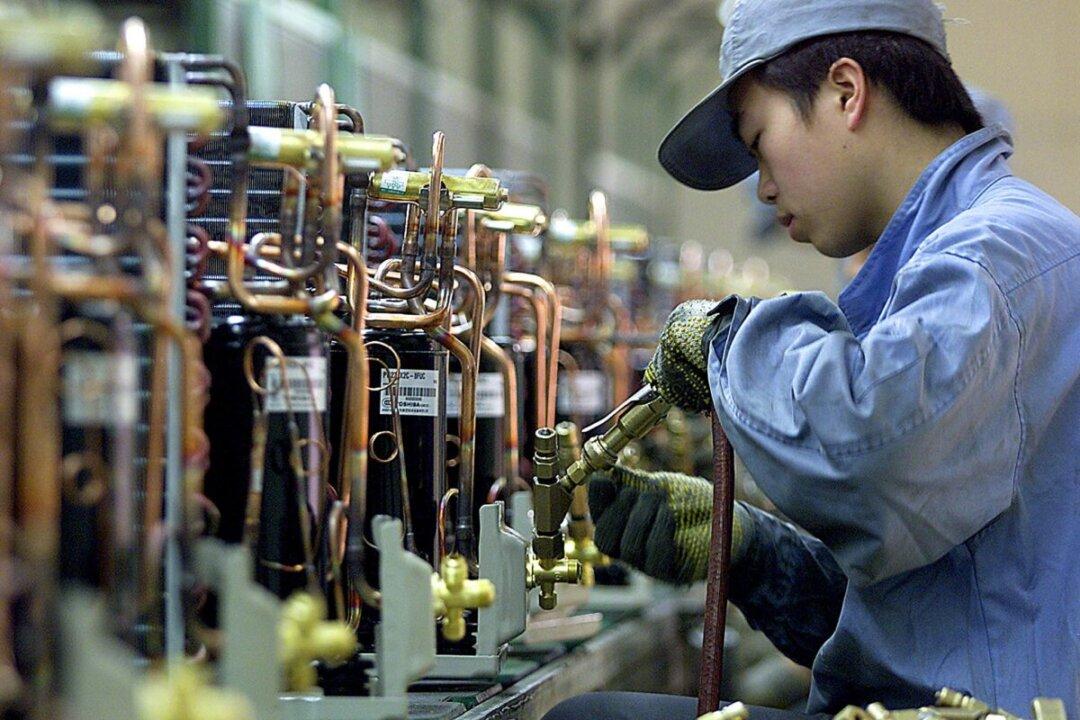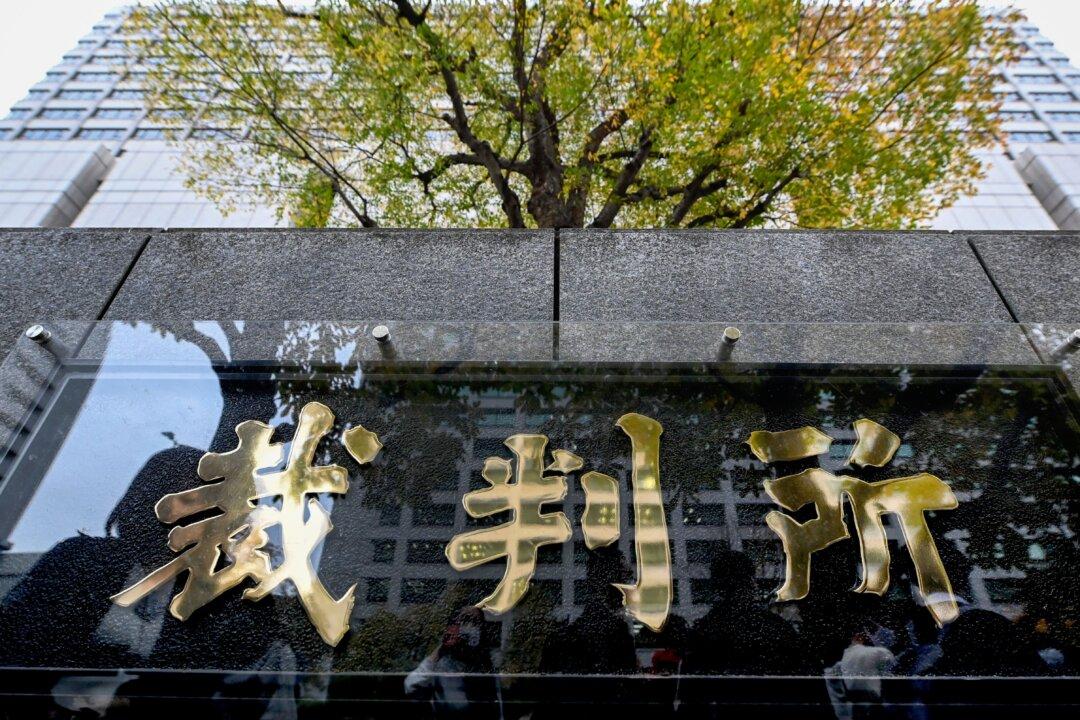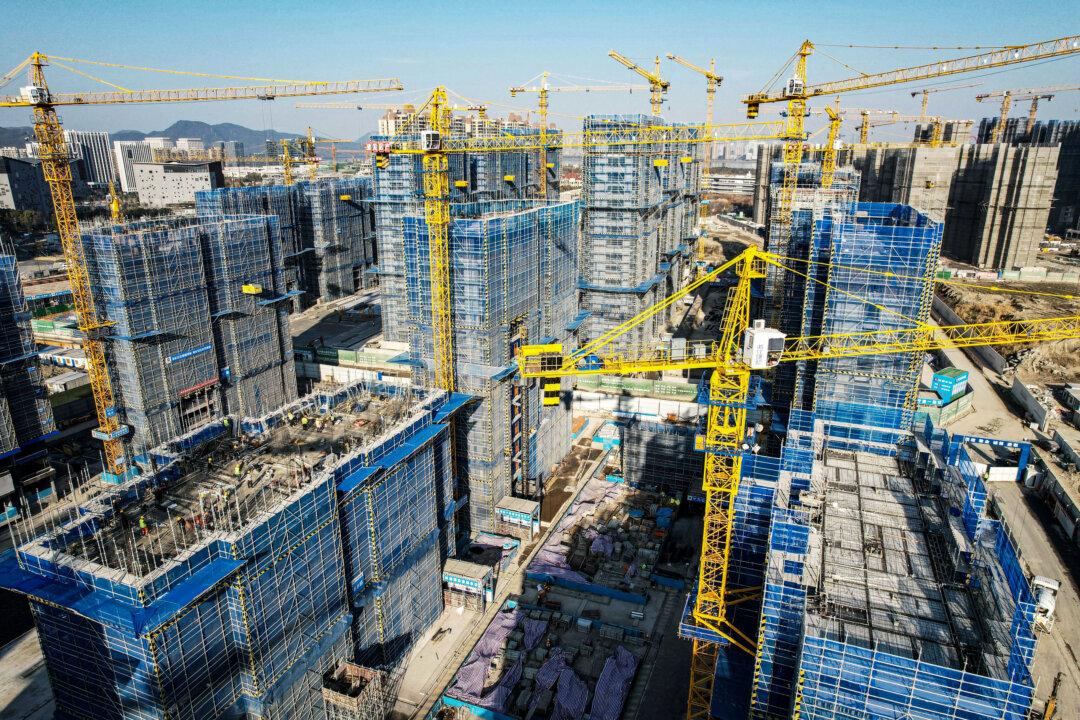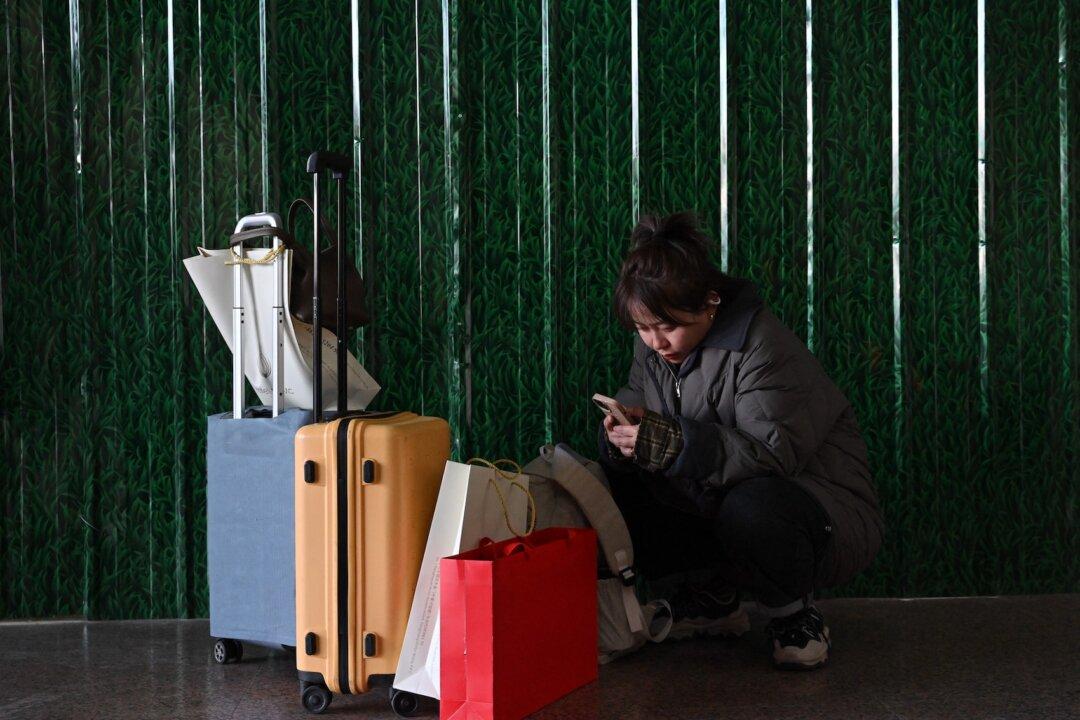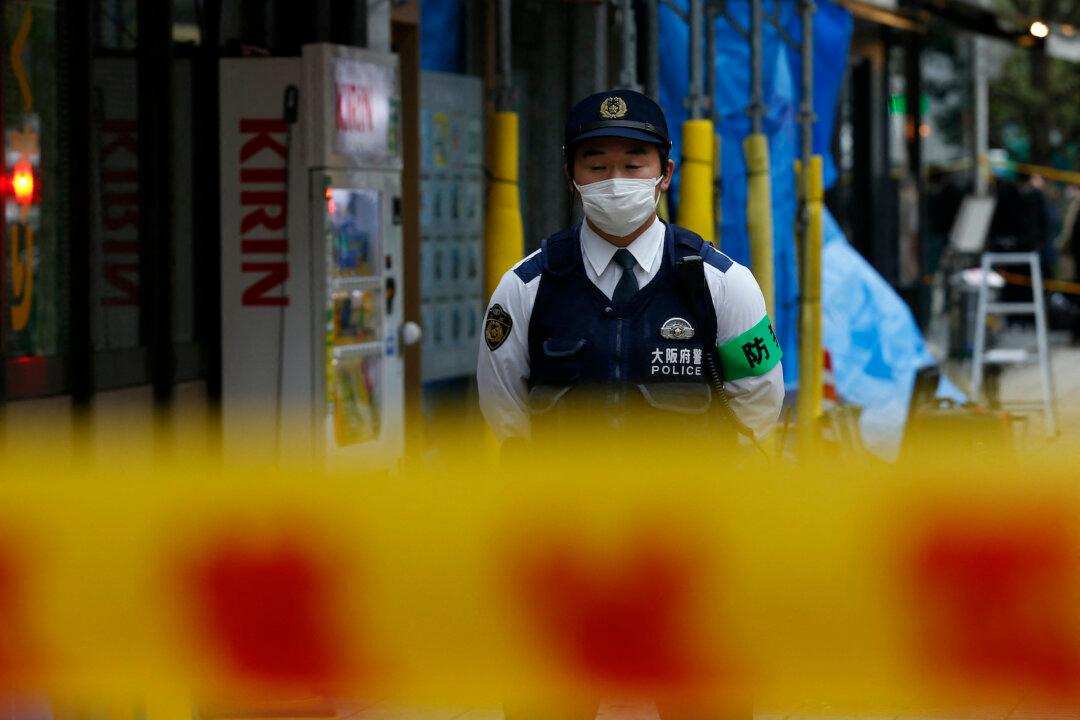The prolonged lockdown in Shanghai has taken a heavy toll on the operation of foreign companies. Most Japanese factories in Shanghai came to a standstill and the problem spilled over to domestic Japanese manufacturers that have halted production due to a lack of necessary spare parts.
Roughly 63 percent of Japanese factories in Shanghai are idling due to strict lockdowns over the city that drag on the supply chain, said a survey released on May 5 by the Shanghai Japanese Commerce & Industry Club, according to Japan-based media Nikkei on May 6.
